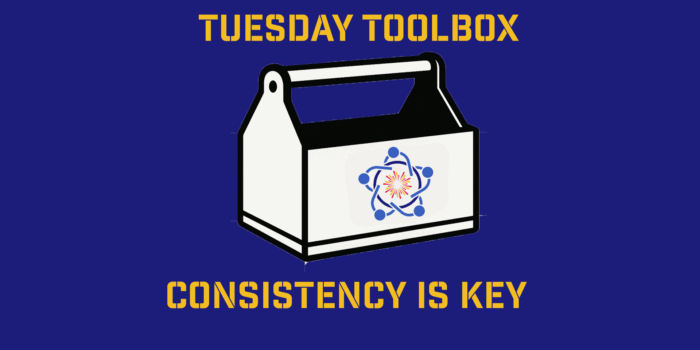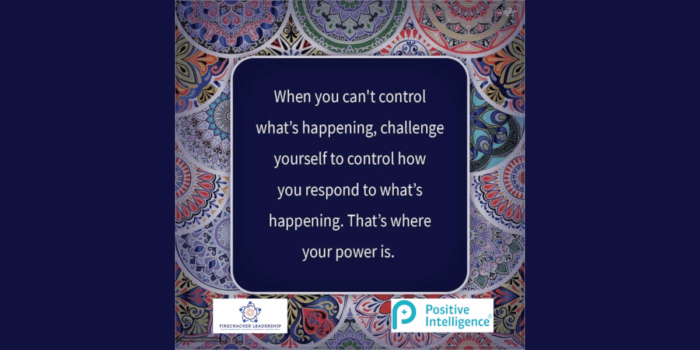What hasn’t happened this year that needs to? Would getting clarity help?
Fellow Vistage Chair shares how he sees the power of peers improve CEO skills.
https://www.linkedin.com/posts/vistage_the-softer-side-of-aggressive-growth-activity-6879035217705873408-3QQ5
As an organization scales, the importance of the CEO’s soft skills will skyrocket. Most of us could use some practice—in the right environment.
Throughout several decades leading large teams, I consistently noticed one oversight in companies’ talent strategies. They rarely hire for soft skills. Recruitment efforts usually target hard skills and only later does it become plain that individuals in key positions lack the abilities to build out an organization.
Senior executives, too, frequently achieve their positions based on specific expertise. Accounting know-how can propel someone to the CFO seat, while coding an innovative app could make you an entrepreneur overnight. Once at the company helm, however, leaders will usually find they need their soft skills most.
Unfortunately, we executives can get complacent about developing these skills. Being relatively successful in life, we tend to believe that we excel at communicating, reading people, motivating others…you know, leading. And we may. Yet we all have room for improvement. In fact, there are pivotal points in an organization’s lifecycle where such professional and personal growth on the part of the CEO can transform outcomes.
Leadership Manuals Aren’t Enough
Here’s the thing about soft skills, they aren’t built by listening to a TED talk or reading a business book. They are established through practice.
For example, most of us could easily define an open-ended question and spot examples when others are speaking. Are we equally aware of our own habits, though?
Judging by my experience facilitating Vistage peer advisory groups, I would say not. My groups have prioritized open-ended questions as a means of fostering deeper discussions. We all know why it’s important, yet every one of us has been flagged by our peers for accidentally using closed-ended questions at critical moments.
The same point can be made about active listening, the many facets of emotional and positive intelligence, and an array of other topics. Intellectual understanding can take you only so far.
Herein lies the beauty of the Vistage concept. A peer advisory group—or at least the groups I organize—will devote a lot of time to soft skills. Sure, we also benefit from the Vistage speakers’ bureau to hear from renowned individuals with deep subject matter expertise. And we routinely draw on the knowledge of our peers.
Nonetheless, members quickly discover that as much as they may need to know about social media marketing tips, business finance options, or the fine points of exit planning, their highest priority issues and opportunities generally involve people. The solutions, therefore, tap into soft skills.
Practicing for the Big Game
How a particular peer advisory group will work on soft skills varies widely. In one of my groups, for instance, we found that members had a tendency to ramble when presenting their issue or opportunity for processing (that’s Vistage-speak for collaborative problem-solving). I suggested we each write our topic on an index card and pass it to another member to read aloud. The change enforced thoughtfulness and concision and our sessions almost immediately became more productive. At least one member has since incorporated this technique in their own senior leadership meetings.
As you might imagine, I employ a whole bag of tricks across my four current groups. With one, we raise ‘but paddles’ (pun intended!)—wooden paddles emblazoned with the word ‘but’—to alert each other when we engage in a particular bad habit of communication. In another, we recently processed my own group facilitation choices, Vistage-style, to help us operate more effectively.
Whatever works.
Bigger than the C Suite
Enhancing soft skills and exploring methods to practice them has impacts that extend beyond ourselves. As the member mentioned above did, we can apply methods within our leadership teams and more broadly across our complex and growing enterprises. Through our improved interpersonal abilities, positive intelligence, effective communication, and so on, we can foster these skills in others, to great effect.
That’s how a member of my initial group grew a company from $18 million to $43 million in two years, by building the soft skills necessary to integrate a management team to support the expansion. It’s how another member leveraged emerging opportunities during the pandemic to secure a multi-million dollar revenue stream beyond their original industry, by learning new ways of overcoming doubt and confronting challenging situations.
The best venue for soft skill development is a diverse one, bringing together leaders from different sectors and professional specialties, different personalities and personal backgrounds, and differing perspectives derived from their unique life experiences. In such a group, we are most able to reach beyond our own unavoidably limited viewpoints and learn the most about ourselves, others, and our interactions.
My goal as a Vistage Chair is to shape such peer advisory groups in my market and to continually improve my own skill in bringing out their best. If you would like to take part, reach out to me here for more information.



